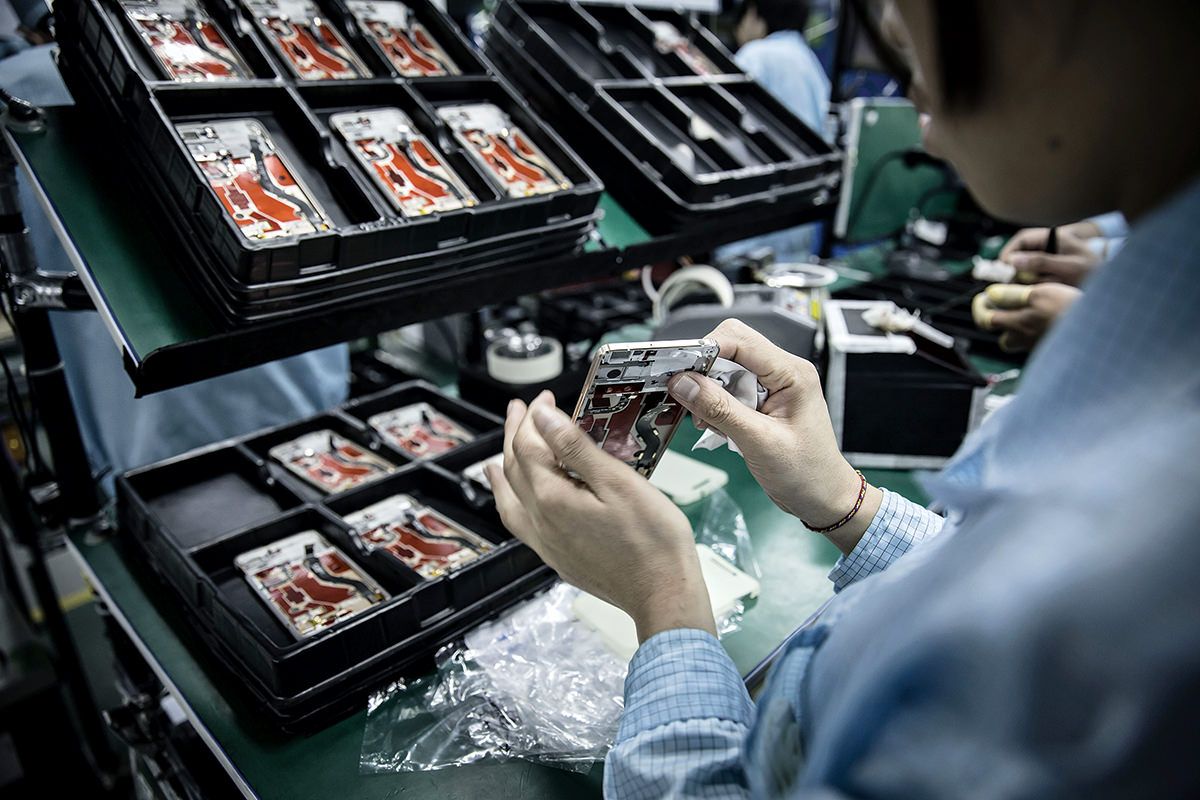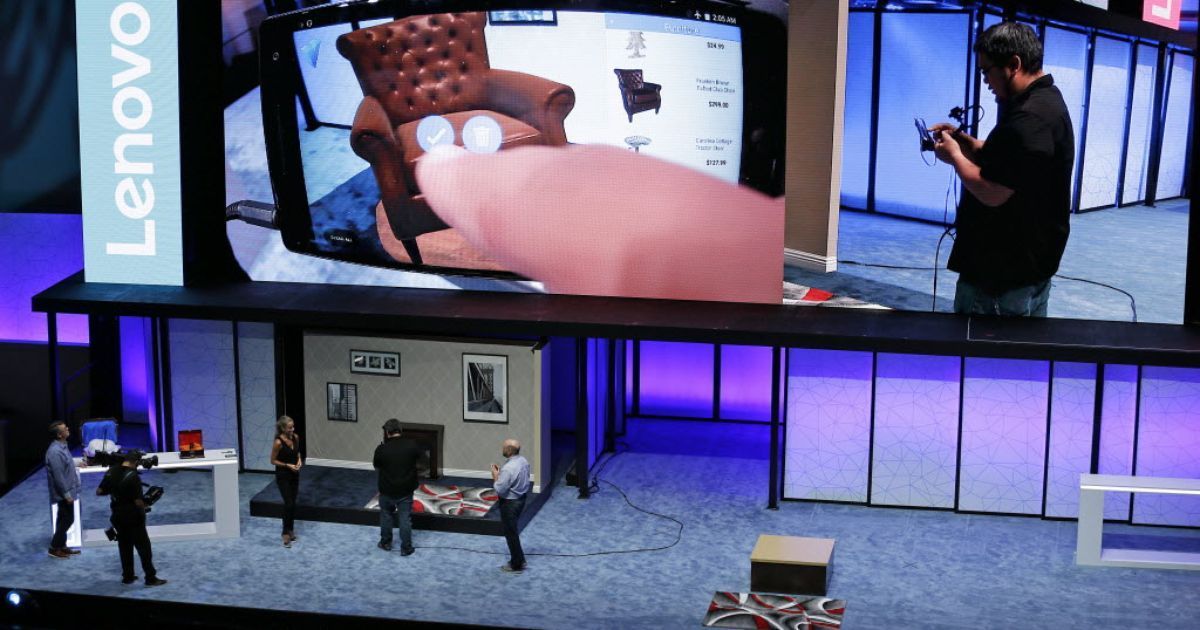Archive for the ‘mobile phones’ category: Page 211
Jun 21, 2016
Voice: How To Architect A Cognitive Future For Business
Posted by Klaus Baldauf in categories: biotech/medical, business, computing, education, finance, mobile phones, neuroscience, robotics/AI
Whether referred to as AI, machine learning, or cognitive systems, such as IBM Watson, a growing cadre of business leaders is embracing this opportunity head on.
That’s because their consumers are using cognitive applications on a daily basis — through their phones, in their cars, with their doctors, banks, schools, and more. All of this consumer engagement is creating 2.5 quintillion bytes of data every day. And thanks to IT infrastructures designed for cognitive workloads — that can understand, reason, and learn from all this data — organizations and entire industries are transforming and reaping the benefits.
What’s important to remember is that this sci-fi-turned-reality-show of cognitive computing cannot happen without the underlying systems on which the APIs, software, and services run. For this very reason, today’s leading CIOs are thinking differently about their IT infrastructure.
Continue reading “Voice: How To Architect A Cognitive Future For Business” »
Jun 17, 2016
Could an implant have saved the life of the toddler attacked by an alligator?
Posted by Zoltan Istvan in categories: biotech/medical, business, computing, geopolitics, mobile phones, transhumanism, transportation, wearables
A new article considering chip implants:
Among other tragedies in Florida recently gripping America’s attention, a 2-year-old boy was snatched away from its parents by an alligator at Walt Disney World on Wednesday. I have a similar-aged toddler myself, and I followed this heartbreaking story closely. Unfortunately, it ended as horribly as it began, with the recovery of a dead child.
My presidential campaign with the Transhumanist Party is based on advocating for radical science and technology to make the world a better place for humans. As a result, for nearly two years I have been advocating for using chip implants in people to help keep them safer. Chip implants are often just the size of a grain of rice and can be injected by a needle in a nearly pain-free 60-second procedure. The implants can do a multiple array of things depending on the type. And much of the technology has been used in pets for over a decade, so it’s already been shown to be relatively safe.
Continue reading “Could an implant have saved the life of the toddler attacked by an alligator?” »
Jun 16, 2016
Augmented reality comes to phones — and kitchens
Posted by Shailesh Prasad in categories: augmented reality, food, mobile phones
Jun 15, 2016
Global Biometrics Market Worth US$ 24.8 Billion by 2021 — Vein Scanner to Outpace Fingerprint Recognition Biometrics — Research and Markets
Posted by Karen Hurst in categories: computing, government, information science, mobile phones, privacy, security
All is promising for Biometrics and biometric informatics; however, the technologies to date leveraged in IoT and other environments for parsing, analysis (especially predictive analysis), as well as better presented needs to be improved to be of value. We have seen great progress in the collection of the information and for some basic identification capabilities it looks good; however, to truly be effective and of value we need a lot more work done in this space especially when you look at today’s landscape of collecting information in areas of IoT and processing/ analysis with big data.
The global biometrics market is projected to cross US $ 24.8 billion by 2021. Fingerprint recognition biometric systems are the most preferred type of biometric systems used across the globe, owing to their ease of use, low cost, high speed and accurate results.
Biometric systems are used across various public as well as private offices for enhancing the security of data and information, as these systems provide an accurate validation as compared to traditional methods such as ID cards, PINs, passwords, etc. Increasing use of biometrics in e-commerce and cloud computing solutions, coupled with initiatives taken by the government of various countries across the world to adopt biometrics systems for identification and verification purposes are some of the major factors driving demand for biometric solutions, globally.
Moreover, introduction of e-passports and e-visas, use of biometrics in criminal identification, increasing demand for smartphones integrated with biometric technologies and implementation of biometric technology in election administration are anticipated to drive the global biometrics market over the next five years.
Jun 15, 2016
Android Creator Andy Rubin Bets Big On Quantum Computing And Smartphone AI
Posted by Karen Hurst in categories: computing, engineering, mobile phones, neuroscience, quantum physics, robotics/AI
Smart man.
Android creator Andy Rubin has several tricks up his sleeve. Rubin’s company Playground is currently tinkering with quantum computing and smartphone AI, and he believes that this combination could create a conscious intelligence that would underpin all of technology.

Continue reading “Android Creator Andy Rubin Bets Big On Quantum Computing And Smartphone AI” »
Jun 15, 2016
Zoltan Istvan 2016: Let’s make Americans immortal
Posted by Zoltan Istvan in categories: education, geopolitics, life extension, mobile phones, space, transhumanism
USA Today story:
As co-writer for USA TODAY’S “For the Record,” I’ve been writing about the campaigns of Republican, Democratic, Libertarian and Green presidential candidates since the newsletter’s launch last summer. But the first presidential candidate to reach out to me was Zoltan Istvan, the Mill Valley, California-based Transhumanist Party candidate who foresees the merger of humans and technology in the very near future. I spoke by phone with Istvan last week.
Big promises are the hallmark of presidential campaigns.
Continue reading “Zoltan Istvan 2016: Let’s make Americans immortal” »
Jun 14, 2016
Andy Rubin Sees AI and Quantum Computers as Next Big Thing
Posted by Karen Hurst in categories: computing, mobile phones, quantum physics, robotics/AI
More and more people are seeing the Quantum QC light.
(Bloomberg) — Andy Rubin, the Google veteran who built Android into the world?s largest mobile operating system, is convinced that artificial intelligence is the next big thing.
Jun 14, 2016
Android inventor Andy Rubin thinks the future of smartphones might be a single AI
Posted by Klaus Baldauf in categories: computing, mobile phones, quantum physics, robotics/AI
Andy Rubin, who co-founded Android and jump-started Google’s robotics efforts, imagines a future where artificial intelligence is so powerful that it powers every connected device. Speaking at Bloomberg’s Tech Conference in San Francisco today, Rubin said a combination of quantum computing and AI advancements could yield a conscious intelligence that would underpin every piece of technology. “If you have computing that is as powerful as this could be, you might only need one,” Rubin says. “It might not be something you carry around; it just has to be conscious.”
It sounds outlandish and theoretical, and it is. But Rubin, with his investment fund Playground Global, is investing in companies trying to make that kind of wondrous future a reality. One such company, a quantum computing firm Rubin would not name, is composed of researchers he thinks may one day commercialize quantum devices using standard manufacturing processes. Quantum computing promises exponential boosts in processing power, in part by harnessing the probabilistic nature inherent to the physics discipline.
Rubin thinks there’s substantial overlap coming down the line for quantum computing, AI, and robotics. “In order for AI to blossom and fulfill consumer needs, it has to be about data,” he says. “That’s where robotics come in — robots are walking mobile sensors, who can sense their environment and interact and learn from those interactions.” Furthermore, Rubin adds, both AI and quantum computing are good at pattern matching and could greatly complement one another. “Those two things combined in hundreds of years might get us to the point of this conundrum, who is the master and who is the servant and all that,” he says.

Everything is getting easier, faster and lighter. The world as we know it, is dematerializing.














